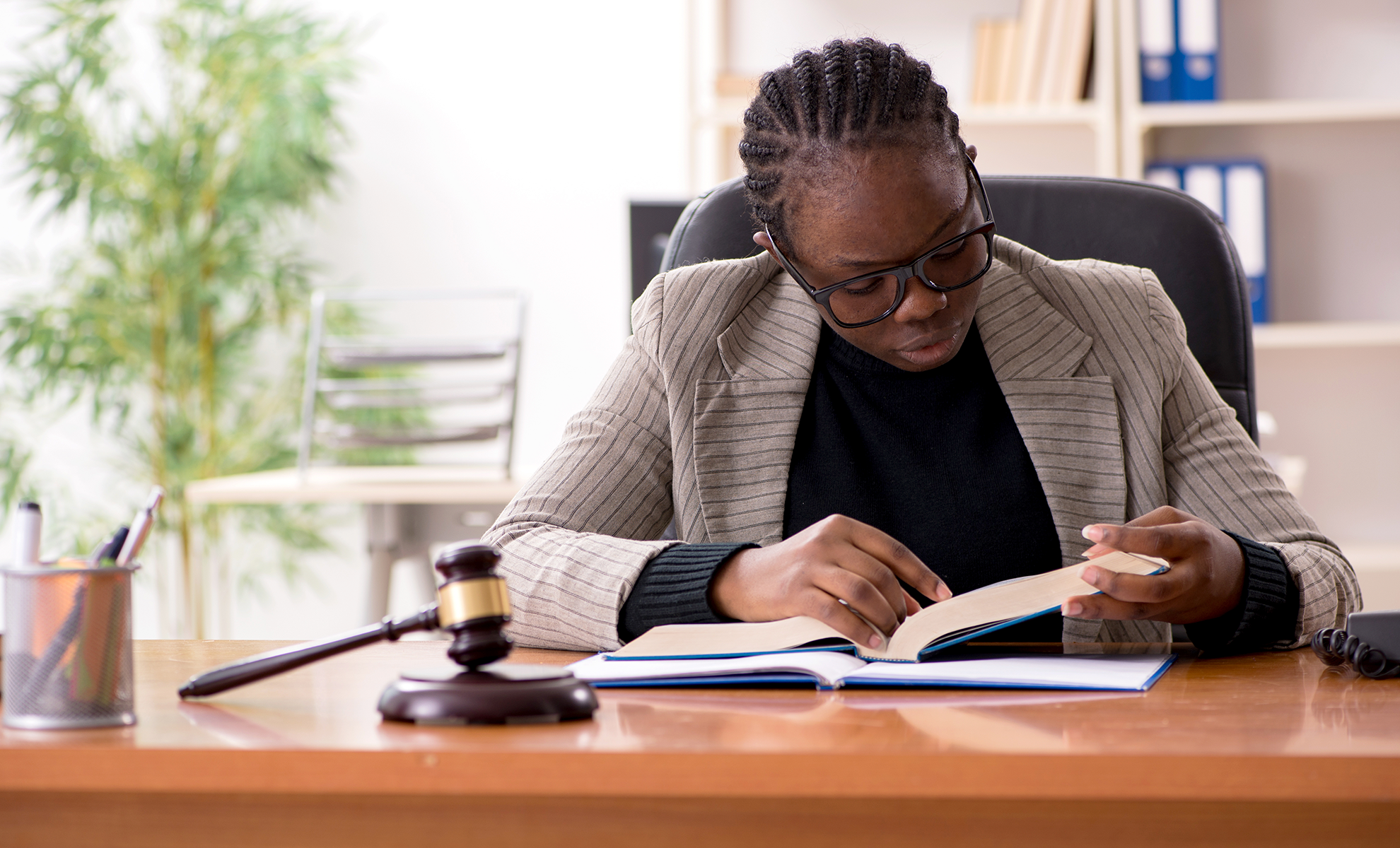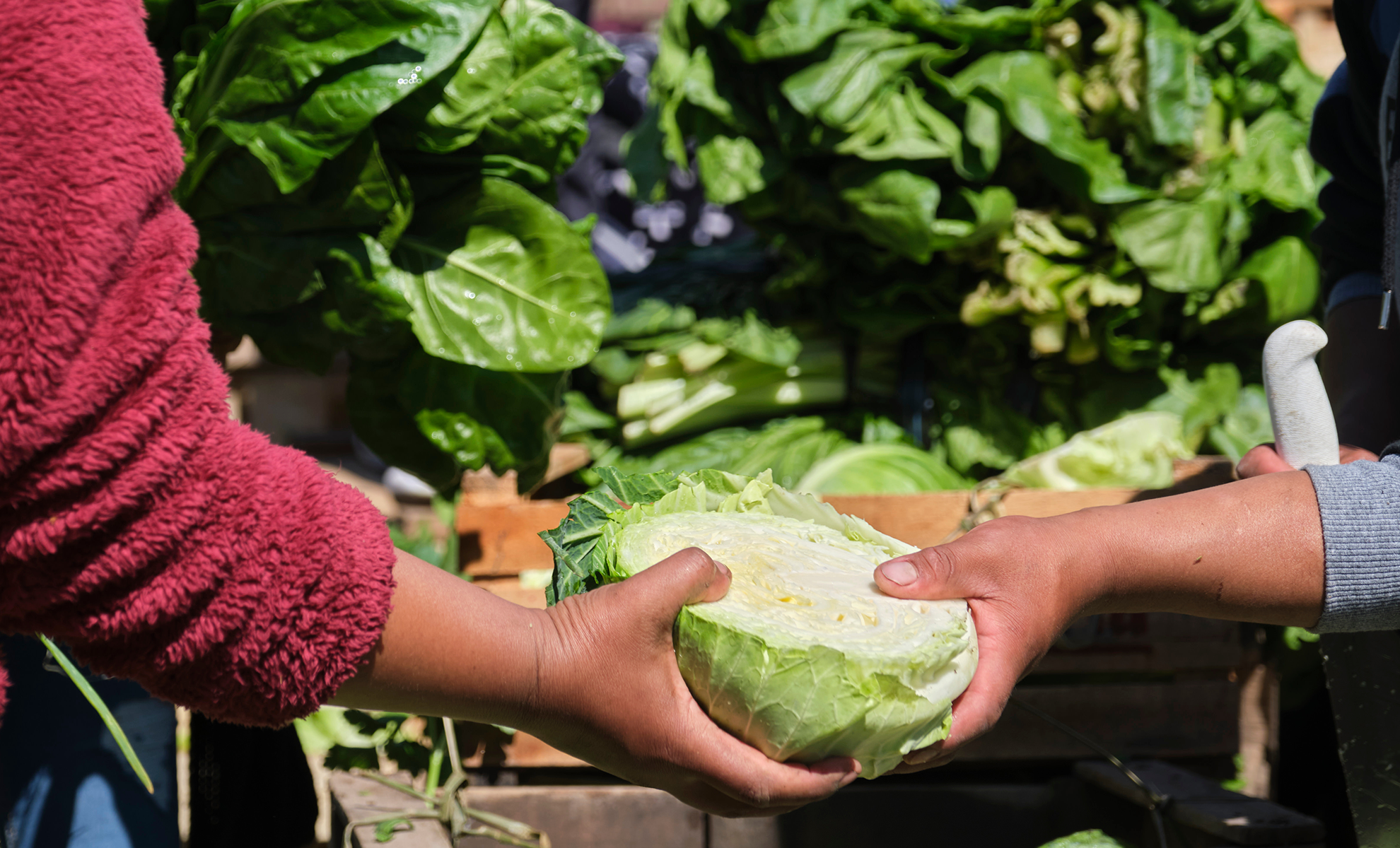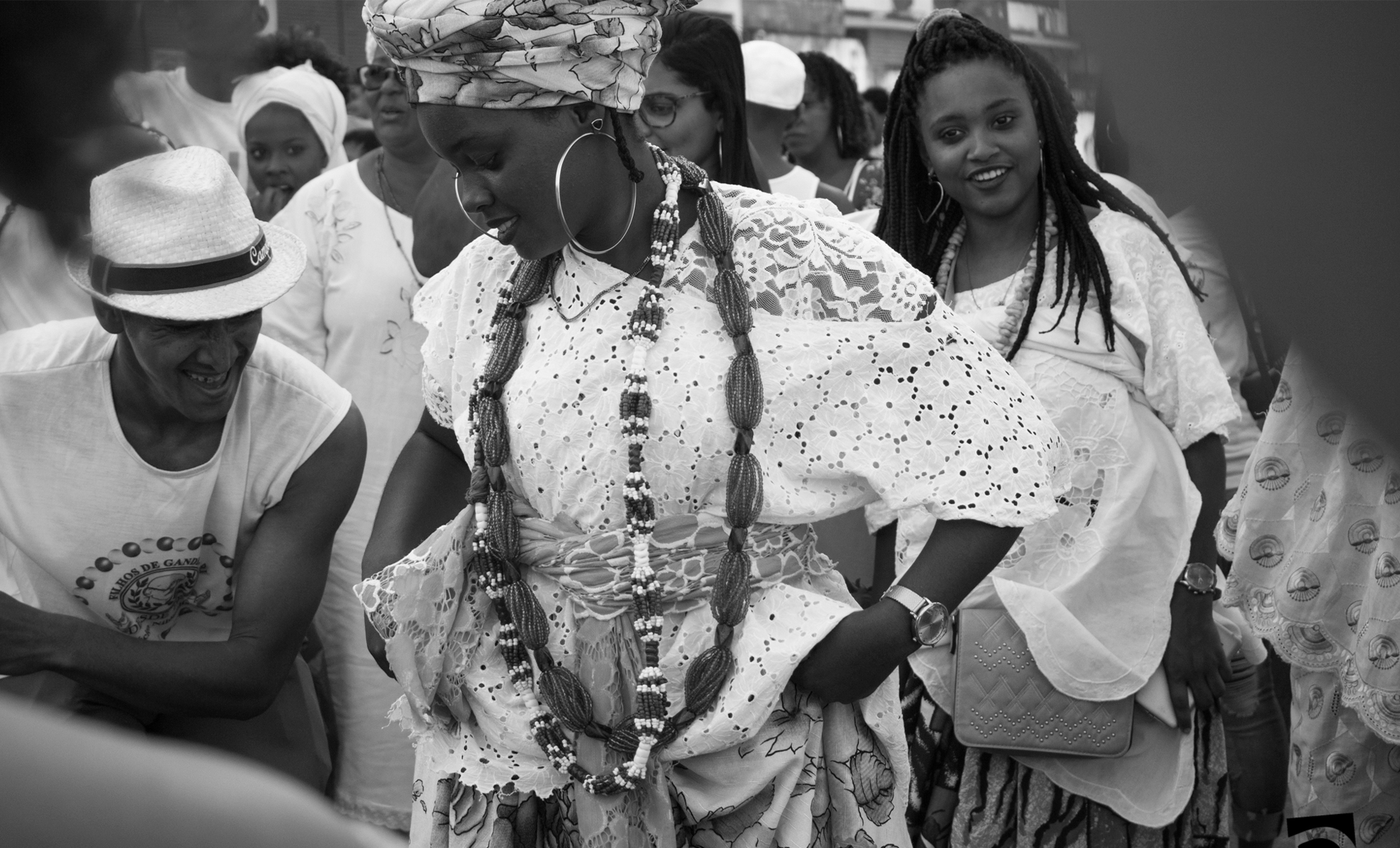




By Diana Mendes and Tássia Mendonça
In 1962, just over 70 years after the end of legal slavery in Brazil, Mary Aguiar da Silva became the first Black judge in Brazil. She should be recognized for her pioneering role in decision-making and power in the judiciary, a field dominated primarily by white men. The second Black judge would not be sworn in until five years later, and the third would only take office more than forty years after Mary in 2006. In Brazil’s 520-year history, it took more than 400 years for any Black women in the judiciary. The scenario of racial, ethnic, and gender inequalities in the court continues to reflect the historical and structural process of excluding the Black population from spaces of power.
Aimed at including historically discriminated people and groups, affirmative action policies constitute a fundamental strategy for transforming this situation. Promoting access to higher education through the implementation of Law 12711/2012, for example, has proven efficient and effective at making universities more diverse. In this sense, it is crucial for the advancement of Brazilian democracy to think about Black representation in legal careers, from training courses to the senior ranks of the judiciary.
Inequality in the Brazilian justice system is profound, historically rooted, systemic, and structural. Brazil’s Federal Supreme Court (STF), since its creation in 1891, has had only three Black justices. The supreme court has never once had a Black woman justice in its entire history.
Data from the National Council of Justice (CNJ) show that positions in courts of first instance, including judges, Black women barely represent 7%, and when we look at appellate judges, only 2% of these positions are held by Black women.
Since its inception, Ibirapitanga has made bolstering affirmative action initiatives one of the strategic pillars of its work and has been supporting organizations and projects that strengthen the entry and retention of Black people in universities, in the judicial system, the production of knowledge about affirmative action and other initiatives aimed at the inclusion of Black people in spaces of power.
One possible strategy is reserving seats in civil servant exams, thus encouraging Black people to enter legal careers. This is one of the paths taken by the Access to Justice Institute, which grants scholarships in preparatory courses for Black people to enter the legal field, in addition to providing psychological support and the cost of registration for the exams, through the Mary de Aguiar e Silva project. This name pays tribute to the history of this memorable leader.
Another similar initiative in the field is the Alas Platform, which through the Traços (Traces) Grant, supports the careers of Black people interested in pursuing careers in law or institutional politics. Developed by Tide Setubal Foundation in partnership with Ibirapitanga, Open Society Foundations, Instituto Galo da Manhã, and Porticus, the 2022 Grant supported 71 Black leaders in every region of the country, 27 of which are in the field of law.
There is still much to be done and understanding the size of the challenge is fundamental, which is why research that enhances the diagnosis of this issue is essential for advancing affirmative action. In partnership with the Betty and Jacob Lafer Institute, Ibirapitanga supports the Operationalizing Racial Equity in the Judiciary research conducted by the Getúlio Vargas Foundation’s Racial Justice and Law Center. The project aims to strengthen and enhance the debate on racial equity policies in the Judiciary and to assist the National Council of Justice in developing public policies.
The support for individual careers and the investment in research on the presence, entry, and retention of Black people in the judiciary are essential for democratizing access to justice and fighting racism and inequality. There are names and stories behind these initiatives, such as that of Josiane Nunes Alves, who passed the civil service exam to become a judicial officer in Rio Grande do Sul (public notice 43/2020). She achieved the highest score among all self-declared Black candidates and took office as a judicial officer at the end of November 2021. Another Black woman, Diana Gonçalves Viana Machado, ranked 23rd among 191 Black candidates in the objective civil service exam to become a legal advisor in the State General Prosecutor’s office of Rio Grande do Sul. Isadora Pereira Trajano and Thanius Silvano Martins passed the 33rd Unified Bar Exam held by the Brazilian Bar Association (OAB) in January 2022. These are some Black people who were awarded scholarships from IAJ through the Mary de Aguiar e Silva Project.
Making a structural impact on the legal field, as well as directly opening paths for Black leaders to become vectors of social change, are some of the commitments Ibirapitanga supports to change the landscape of Brazil’s Judiciary and democracy through affirmative action measures. Mary de Aguiar’s pioneering spirit is reflected in the projects that continue her legacy and in the boldness of contemporary Black leaders who, by joining the judicial branch, have the potential to transform it and, consequently, Brazilian democracy.
Diana Mendes and Tássia Mendonça are the portfolio manager and analyst, respectively, for the Racial Equity program at Ibirapitanga Institute.
Sources:
https://books.scielo.org/id/2mvbb/pdf/feres-9786599036477.pdf
Only 1 in 4 people enrolled in master’s and doctoral programs in Brazil are Black.
Black women are the minority of the minority in the Brazilian judicial system.















